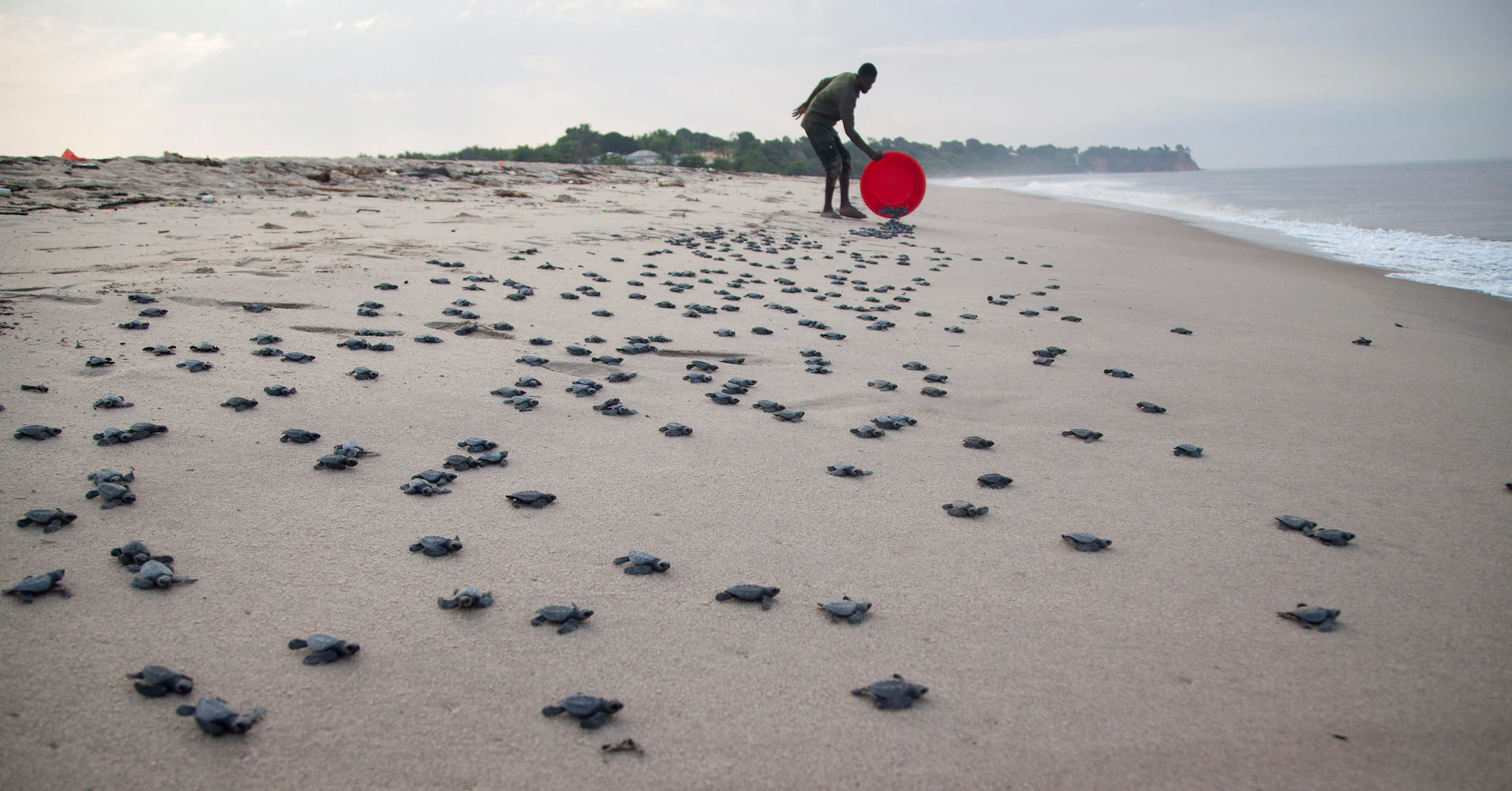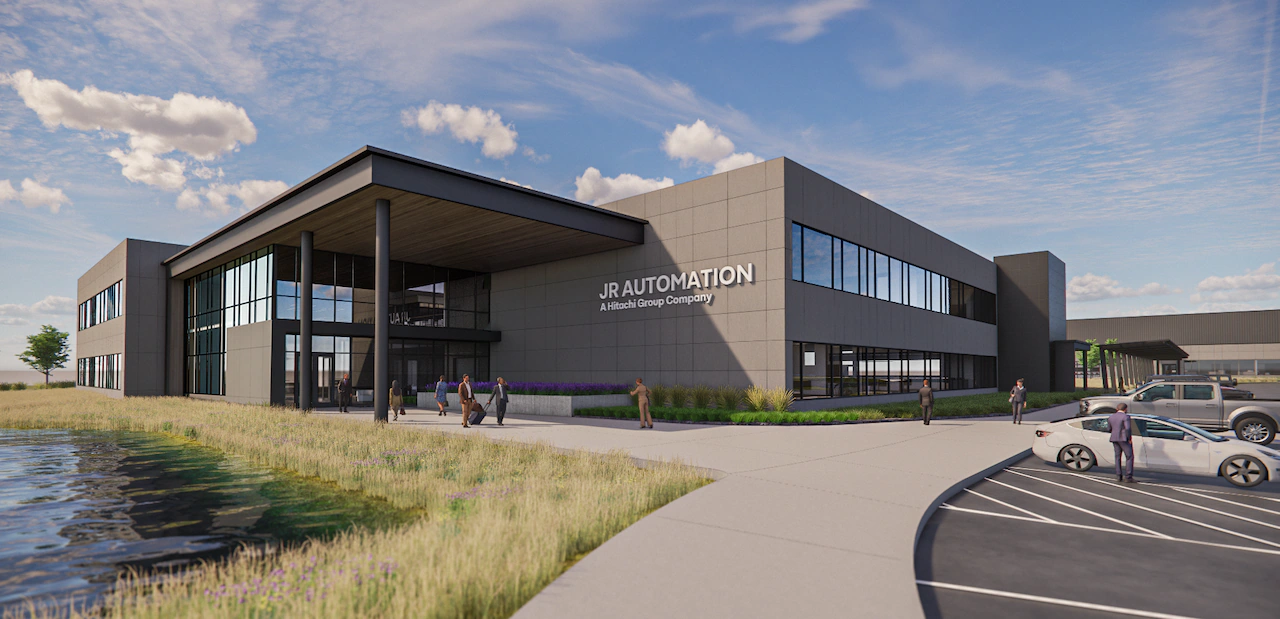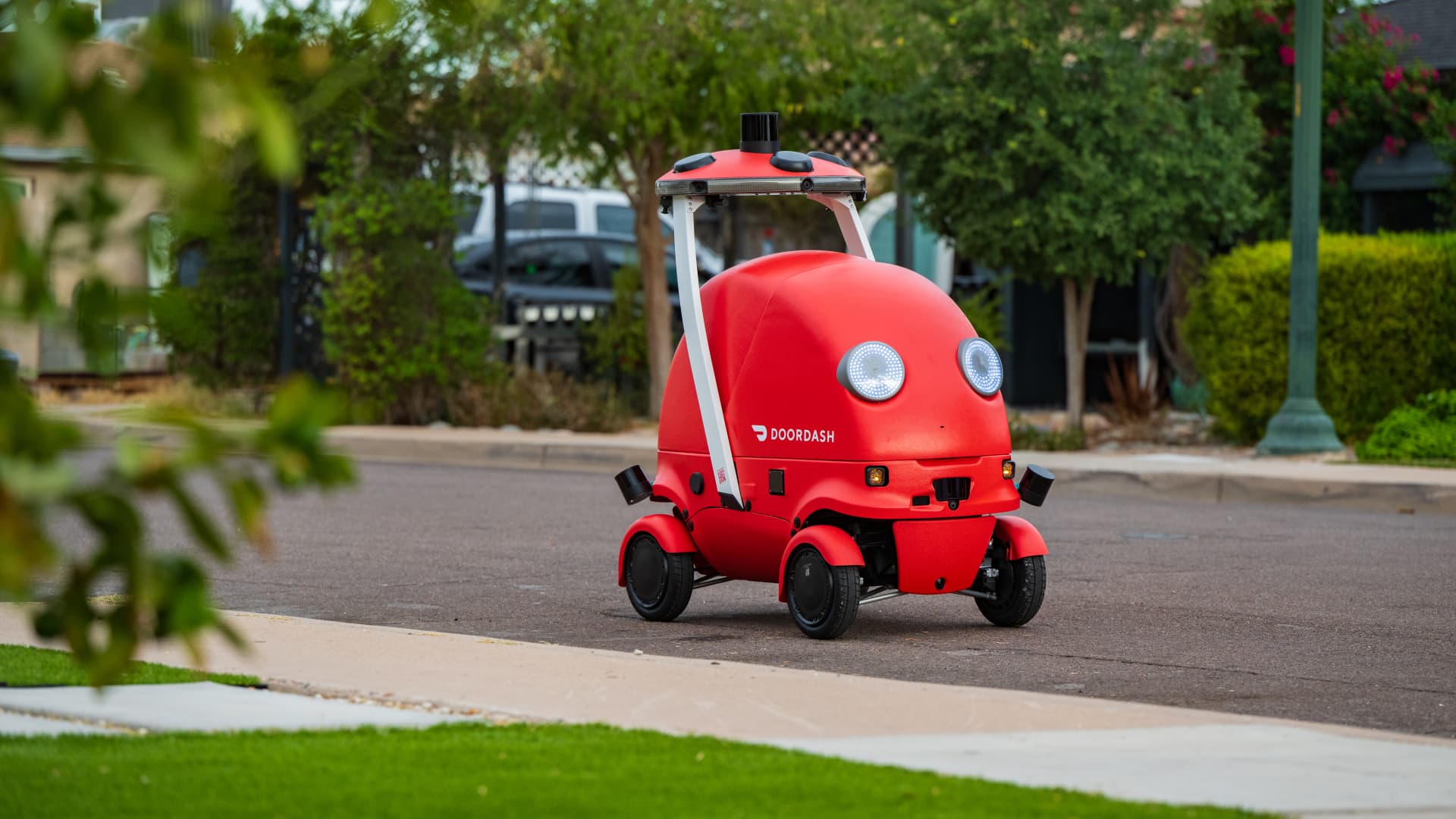
September 30 – The high sea waters off West Africa may seem remote to people reading this in London or New York. But these waters can impact the very weather patterns that determine whether crops grow in British fields or storms crash into the eastern seaboard of the U.S. They provide oxygen for every breath we take.
Yet the ocean that connects us all is being pillaged. Industrial overfishing fleets strip these waters bare, leaving West African coastal communities to face empty nets, empty wallets and empty bellies. Illegal fishing operations plunder, while plastic pollutes every compass point. Deep-sea mining threatens the ocean floor before we even understand what lives there. Carbon pollution, too, is severely impacting our communities, families and economies.
From Monrovia’s bustling fishing harbours to coastal communities around Liberia, I see the importance of a healthy and thriving ocean for the people of my country, half of whom live along our 565-kilometre coastline.
While the ocean doesn’t recognise borders, for too long its protection has been trapped within them. The vast high seas, which cover half of the globe, are beyond national jurisdictions, and to date have had no mechanism to protect them.
But I am convinced that this is set to change. In an historic moment, 60 countries this month ratified the High Seas Treaty, the number needed for the treaty to come into effect. Now, for the very first time, we can designate and protect marine sanctuaries beyond any nation’s borders.
Africa has needed no permission to lead this global effort. The African Group, a bloc of 54 nations, was a pre-eminent voice in the negotiations because we understand that the problem of ailing oceans does not belong to any one country, and no one country can solve it alone.
Of the 142 signatories to this historic treaty, a quarter, 35, are African nations. Seven African countries, including Liberia, have already gone further and ratified it. And we are filled with optimism that more will join shortly. This will be a milestone in transforming promises into a concrete instrument of law.
In December 2022, parties to the Convention on Biodiversity (CBD) agreed to conserve 30% of the seas by 2030. When strongly protected and well-managed, these areas can restore fish populations that feed billions of people, protect marine life and strengthen resilience to climate change.
This is the minimum needed to preserve our communities, economies, and the diverse species that call the ocean home. The ratification of the High Seas Treaty has opened the door to hitting this vital target.
And now that the door is open, it is time for leaders to step through, and establish the first marine protected areas on the high seas.
West Africa is already rising to this challenge. The ECOWAS (Economic Community of West African States) group is right now developing a proposal for a fully protected marine area in one of the Earth’s key hotspots for ocean life, the Convergence Zone of the Canary and Guinea currents, which lies just above the equator in the Eastern Atlantic.
Here, nutrient-rich waters explode with life, from plankton to sea-turtles, whales and coral reefs. Protecting this area means safeguarding one of the Earth’s most productive and diverse ecosystems.
This will set the global standard for what real ocean protection looks like: a marine fortress where biodiversity can recover and thrive, while also safeguarding the wellbeing and food security of the coastal communities who depend on a healthy ocean.
But implementation must be built on equity. For too long, decisions on management of the seas have been made in boardrooms, far from coastal villages. The High Seas Treaty is a historic chance to ensure that developing countries, coastal communities, and Indigenous Peoples, who are the most affected by ocean degradation, yet often least responsible for it, have an equal voice in shaping protections.
The first meeting of the Treaty’s signatories after ratification, called the Conference of Parties, is approaching. This must be a moment that has genuine transformation at the heart, driving real progress, anchored in science, equity and urgency.
Well-managed marine protected areas restore fish populations and safeguard endangered and threatened species. They are an all-in-one solution encompassing climate, community, economic and biodiversity action.
African leadership is providing the ambition and the will. The High Seas Treaty gives us the tools and, with that, the framework. Countries that haven’t yet ratified must act immediately. Donors and partners must provide the financing, technology and capacity building that will empower all nations to participate fully in ocean protection.
The ocean that connects Liberia to Liverpool, Lagos to Los Angeles, belongs to no single nation, but to all of the world’s peoples. Now we stand at its edge. We have the answers. Now we need the action.
Opinions expressed are those of the author. They do not reflect the views of Reuters News, which, under the Trust Principles, is committed to integrity, independence, and freedom from bias. Ethical Corporation Magazine, a part of Reuters Professional, is owned by Thomson Reuters and operates independently of Reuters News.
President Joseph Nyuma Boakai, Sr., is Liberia’s 26th President. He served as Liberia’s Minister of Agriculture, and later as Vice President under President Ellen Johnson Sirleaf. President Boakai is a champion of transparency and accountability in public life and his presidency is anchored on restoring Liberia’s image through the Think Liberia, Love Liberia, Build Liberia movement.



